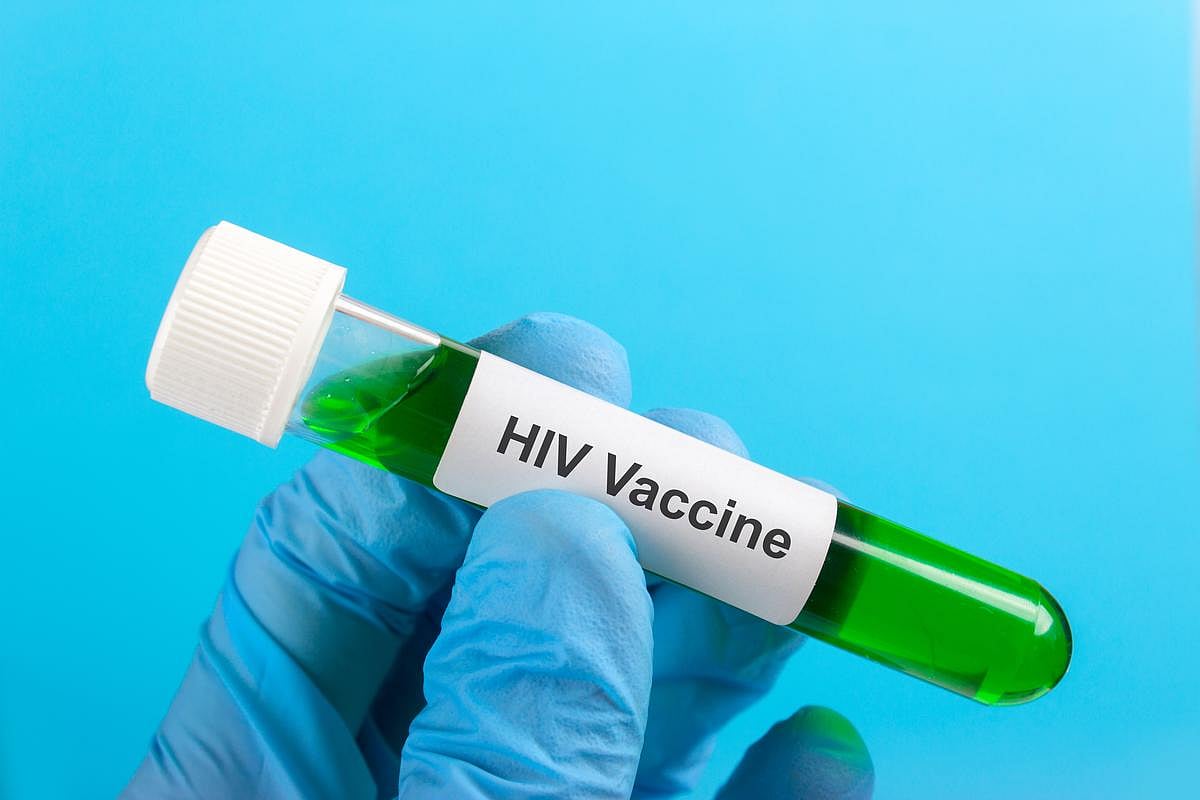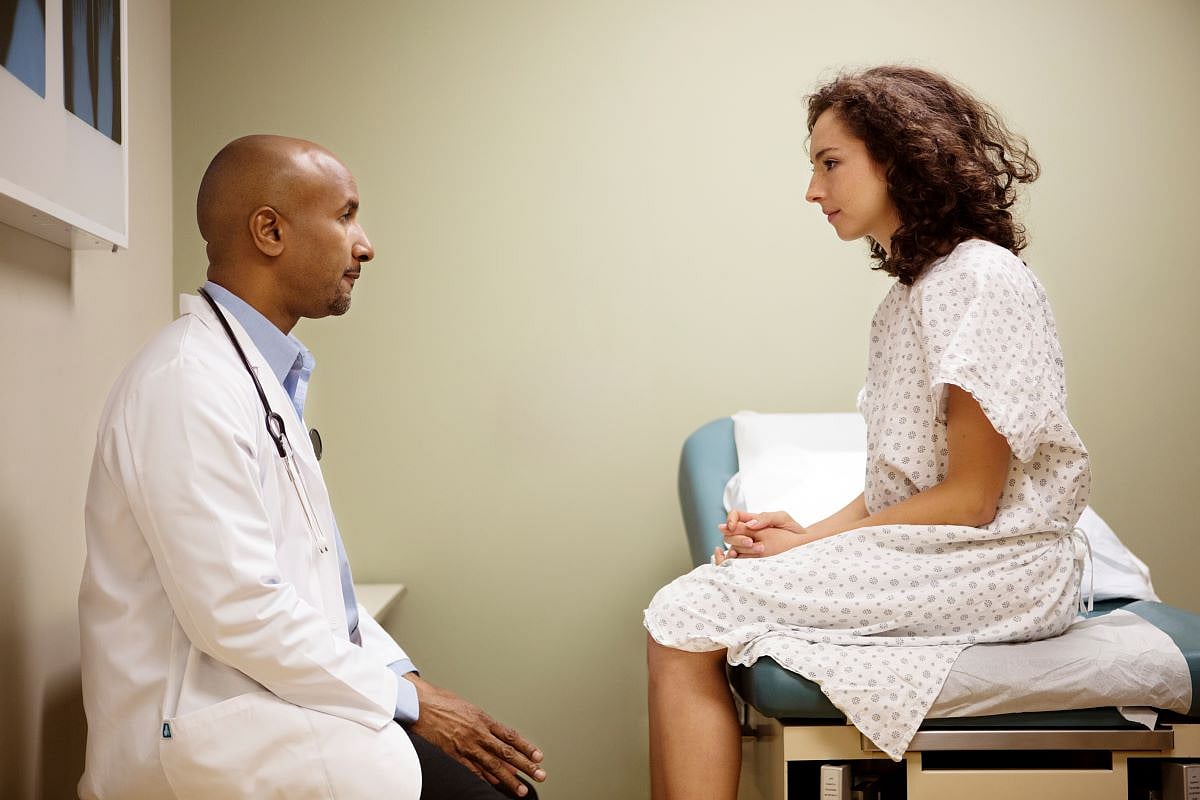
Why does your cat purr when you pet it — or meow when dinner’s late? A new study from the Wildlife Research Center at Kyoto University in Japan suggests the answer could be in its genes. Researchers looked at the androgen receptor gene in 280 spayed or neutered mixed-breed cats. They compared the DNA to… read on > read on >


















